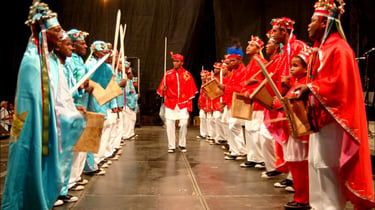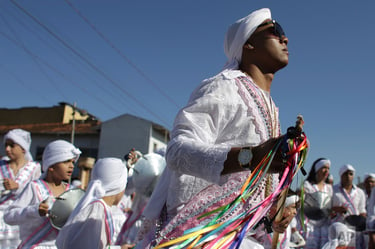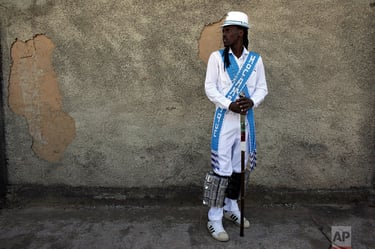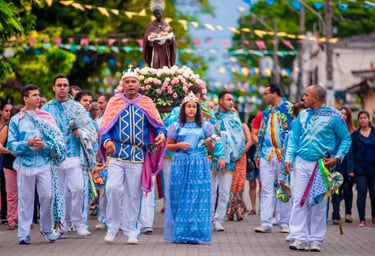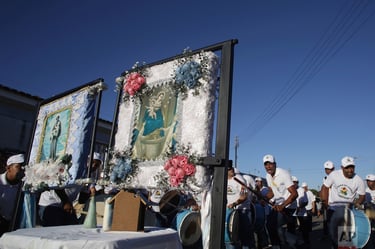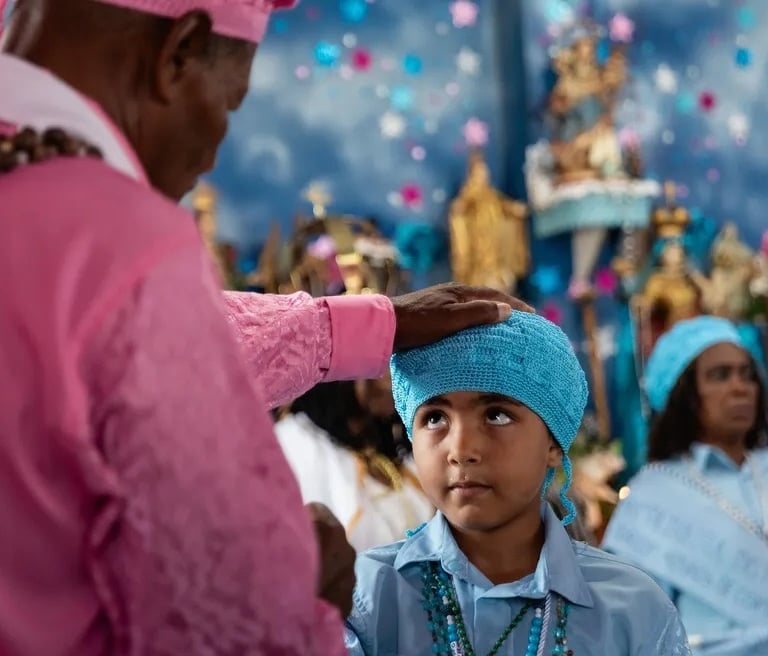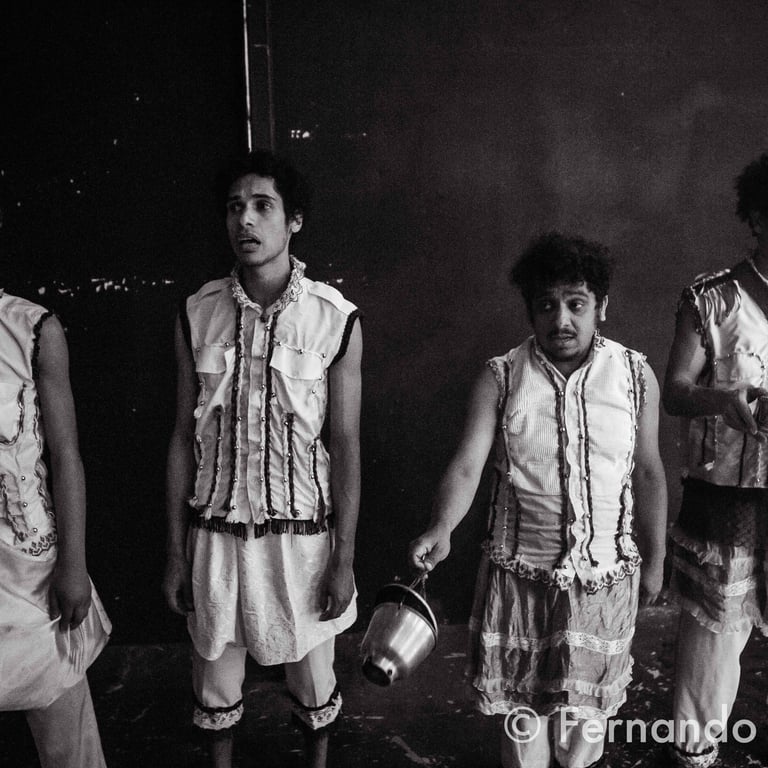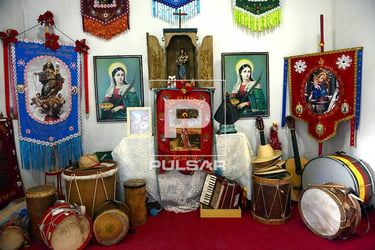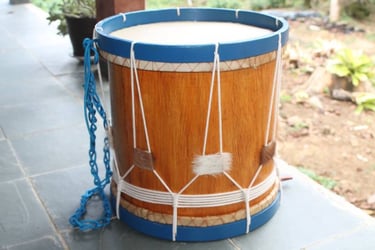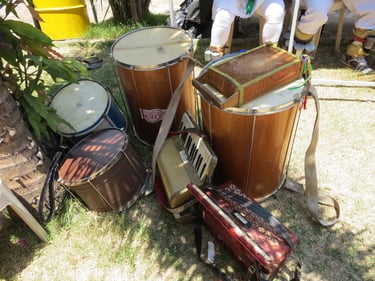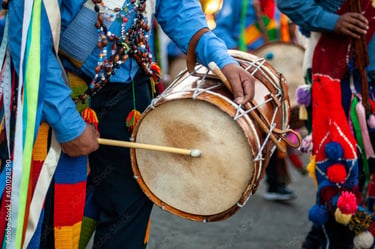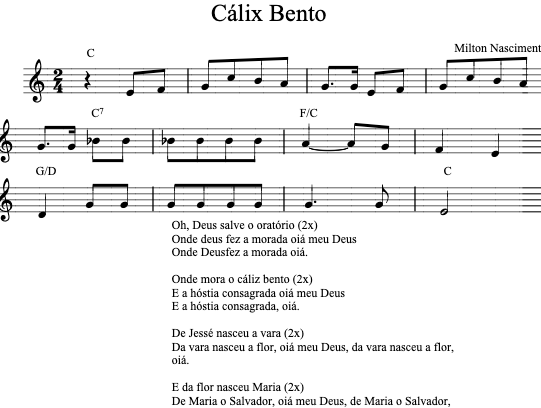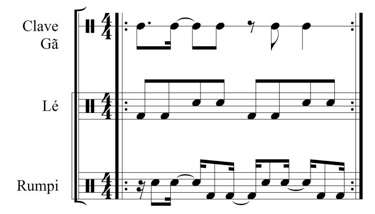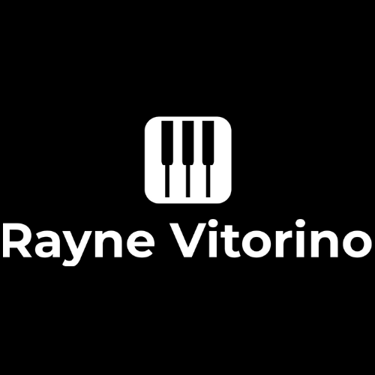congada
States: Espírito Santo, Minas Gerais, Rio de Janeiro, São Paulo
Overview: The country’s economic and cultural powerhouse, home to sprawling metropolises and rich colonial towns. The Southeast is where urban and folk traditions collide—birthplace of samba, MPB, choro, and bossa nova.
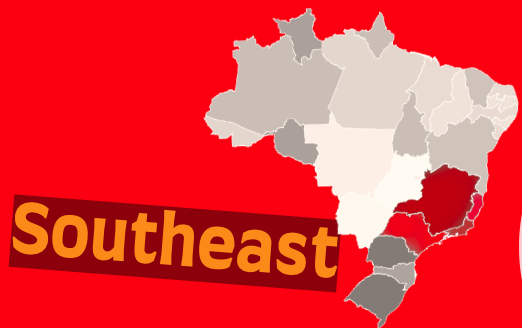

Origin: Minas Gerais, São Paulo
Cultural Roots: African, Portuguese, Catholic syncretism
Popular Music Styles:
Samba, Choro, Bossa Nova
Funk Carioca, Pagode, MPB
Congada, Moda de Viola, and Folia de Reis (rural folk)
Key Figures:
Cartola – Samba icon from Rio
Milton Nascimento – Minas Gerais voice of the Clube da Esquina movement
Pixinguinha – Foundational figure in choro and Brazilian instrumental music
Congada is a vibrant and deeply symbolic Afro-Brazilian tradition rooted in a fusion of African, Portuguese, and Spanish cultural practices. It emerged in Brazil during the colonial period when enslaved Africans incorporated elements of Catholicism into their spiritual practices. The performances center around reenactments of royal courts and historical events, with participants dressed as African kings, queens, and their courts. These theatrical processions feature singing, dancing, and music played on traditional instruments such as drums, pandeiros, chocalhos (shakers), and guitars. The themes often depict peace treaties, coronations, and the resistance of African royalty, merging storytelling with spiritual reverence.
Celebrated most notably during the Feast of Our Lady of the Rosary, Congada includes religious processions to the church, symbolic home visits, and open-air Masses. The Virgin Mary, particularly in her syncretic association with the African deity Yemanjá, plays a central role in the devotion. Participants may dress as angels, saints, and royals, parading through the streets in colorful garments. The festival not only honors Catholic saints but also serves as a platform to preserve African ancestral memory, with rituals that reinforce both spiritual commitment and community identity.
The Arturos community in Contagem, Minas Gerais, is one of the most prominent guardians of the congada tradition. Founded in 1880 by formerly enslaved people, this group uses Congada to celebrate Afro-Brazilian resistance and cultural survival. Their festivals include the Our Lady of the Rosary feast, the anniversary of the abolition of slavery, and ceremonies dedicated to Afro-Brazilian saints and figures like João do Mato. The Arturos also collaborate with Teatro Terreiro Encantado, which incorporates Congada into its theater work, using it as a lens to explore and critique Brazil’s history of racial injustice and cultural erasure.
Congada remains a powerful act of cultural resistance and identity. Though originally marginalized—rejected by the Catholic Church and labeled as witchcraft—the tradition has persisted as a form of spiritual, artistic, and political expression. It is a uniquely Brazilian creation: though African in inspiration, it has no direct equivalent in Africa. Through ceremonial dance, music, and storytelling, Congada continues to preserve the narratives of survival, honor the legacy of Black saints, and pass down vital Afro-Brazilian history to new generations.
Cultural Elements:
Held during religious festivals like Festa de Nossa Senhora do Rosário
Celebrates Afro-Brazilian saints like São Benedito
Ritual coronations with crowns, drums, and communal storytelling
Sources:
Appleby (1983), McGowan & Pessanha (1991)
Soares, Fernando Solidade (field reports from MG)
Chris Mc Gowan and Ricardo Pessanha, The Brazilian Sound: Samba, Bossa Nova, and the Popular Music of Brazil (1991).
Main Instruments:
Pandeiro
Chocalho
Viola
Snare drum
Cuica
Reco-reco
cavaquinho
tambor
ganzá
Accordion
Dance:
Dramatic processions reenact African royal courts and colonial-era conflicts. Dancers wear royal regalia, kings, queens, angels, and warriors, accompanied by chanted dialogue and drumming.
Notable Figures:
Arturos Community (Contagem, MG) – Guardians of the tradition in modern Brazil
Teatro Terreiro Encantado – Uses Congada to stage plays on Black resistance
